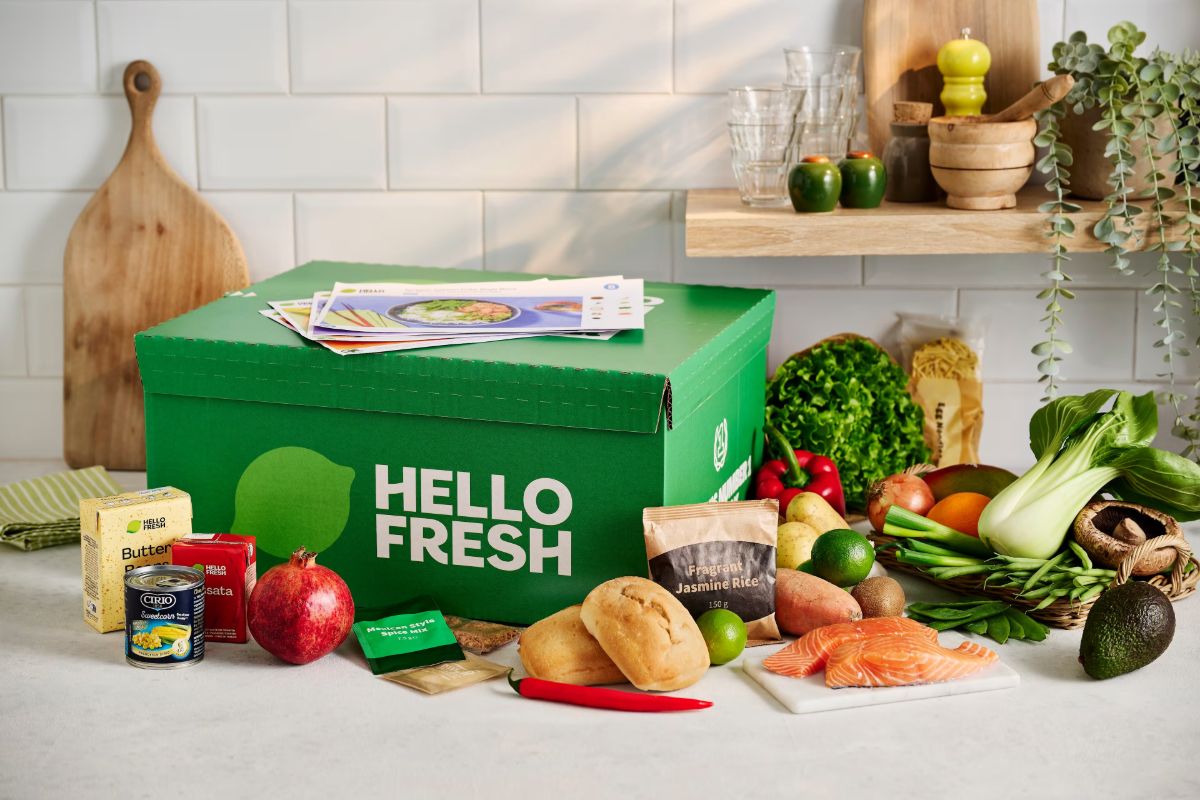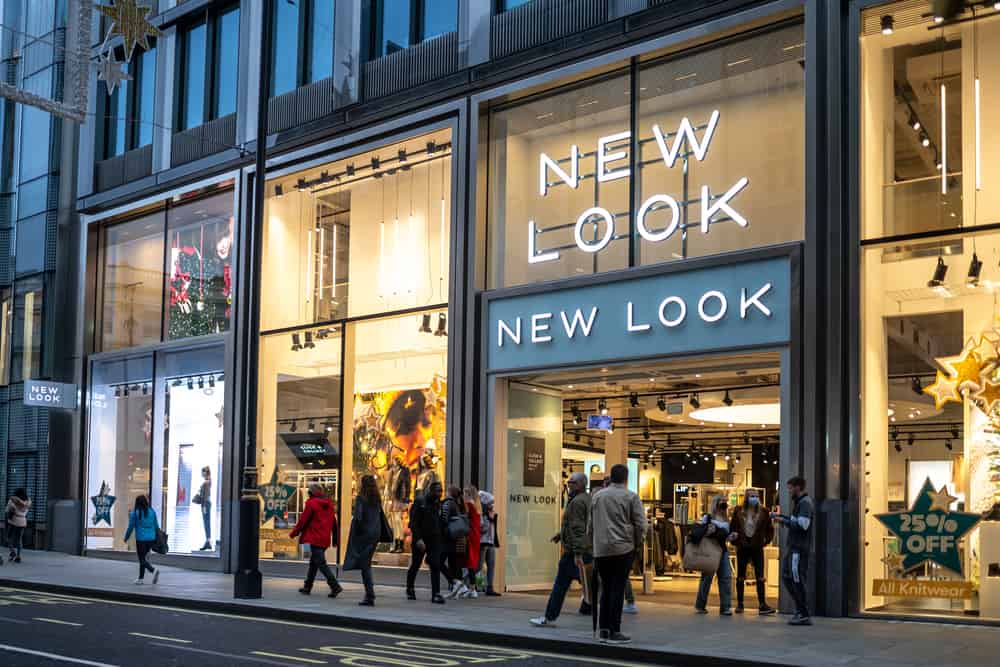by Bill Mooney
It’s no secret that we Brits love to shop. Every weekend we flock to the high streets and shopping malls across this country in our millions, feeding our urge to spend. In fact, a survey by uSwitch last year indicated four million British women are in fact addicted to shopping. However, it seems the rising cost of petrol may be about to alter this landscape.
As petrol prices continue to rise without any sign of abating, it comes as no surprise that more shoppers are staying home these days, leaving their cars to gather dust. This is supported by recent research from the Institute of Grocery Distribution, which found more than half (52%) of Britons said if petrol prices continue to rise they will turn to the rapidly growing world of online shopping.
Opportunities abound for online retailers
While most of society has been focussing heavily on the damaging effects that issues, such as rising petrol prices, will have on people’s wallets, smart companies are giving their attention to the huge opportunity this increase in online shopping presents to online operators. But it’s not only about having an online presence and offering customers a shopping basket with thousands of goods to fill it with. It’s about much more than that.
The distinct advantage online retailers hold over stores that rely on footfall is the collection of data gathered during the online registration and purchasing process. Whether it is something as basic as an address, a phone number and email address, or a detailed survey about the person’s interests, wants and needs, online retailers are in possession of incredibly valuable identity data that could turn their business into a major success story – if used properly. Companies need to know exactly how to utilise this data to drive repeat sales and increase customer retention and satisfaction.
But how do they capitalise?
Loyalty is priceless
Forward-thinking companies will, and already have, jumped on this opportunity to really understand their customers – how they think, how they shop, what they want. However, not every online business will be able to follow suit and drive the same benefits if they do not have a few things in place that are vital in this process of understanding and utilising customer data correctly.
First and foremost, online businesses will need to invest in adequate identity management systems that can capture information accurately, as well as verify the customer’s identity. This helps protect themselves against fraud, and the increasing levels of compliance in areas such as age restricted products compliance. We are seeing increasing demands for these systems that combine the concept of identity with technology to create an environment of trust so that online retailers can connect and communicate with consumers safely, responsibly and profitably.
Secondly, it is crucial that the environment in which they collect the data is simple and easy to understand and navigate, as online shoppers are generally hasty and will soon depart if the registration process on a website is not simple and straightforward.
So how do you stand out from the rest in this increasingly crowded online marketplace, to ultimately make the most of this opportunity? The key lies in using the customer data you have to develop a mutually beneficial relationship that holds visible advantages for your customers, not only for your business.
The focus needs to be on the individual – and giving your customers rewards based on their specific needs and wants. It will be this environment of ‘perfection’ that will drive customer loyalty and build your brand perception.
Retailers so often mistake loyalty for convenience; however these are two completely different aspects. A loyal customer will drive miles past four competitors to get to their favourite store. A convenient shopper heads straight to the nearest hub. In an online world, where competitors are not miles, but a few clicks away, retailers lose this element of convenience as a retention driver. Because of this, it is crucial that retailers know how to successfully drive customer loyalty by making the most of their customers’ experience, adding value to the way that they do business.
Most current loyalty programmes are very short-sighted in their approach, offering basic ‘points means prizes’ rewards. To really elevate their position, retailers need to analyse the identity data they have on customers and offer them a reward that is relevant to their engagement with your business. Whether it is a supermarket offering a regular port drinker a set of crystallised port glasses, or a sports store offering a regular buyer of tennis products an opportunity to get cheap or free Wimbledon tickets, retailers need to break the loyalty silos of ‘one reward for all’ and find the loyalty element that fits each of their customers individually.
Reaping the rewards
If businesses can create such an environment of perfection, where customers receive appropriate loyalty rewards, then it is guaranteed to have a positive influence on the following three drivers:
• Increase the average spend from the customer over a lifetime or tenure;
• Increase the frequency that they spend at your store, and;
• Increase the average order value for each individual purchase.
So it is no secret that, in a world where there is a real chance of people becoming saturated with loyalty programmes, online retailers need to be creative about how they give their loyalty programmes traction. By tapping into the trust and emotions of customers and finding rewards with a real emotional value, online retailers will be able to grow their client base, add value to their customer’s life and increase customer satisfaction – leading to not only more, but also more happy customers.
As consumers continue to increase their online activity, threats and opportunities will develop in the area of customer loyalty. The threats are considerable – the competition is only a click away – so the convenience drivers that make many consumers appear loyal no longer exist. However, the opportunities are also significant. By using loyalty as a real differentiator, companies can create trust and a real perception of value with their customers – precious components of your overall engagement strategy.
And who knows – maybe we’ll help create more room on the roads!
Bill Mooney is sales director – DataSolutions at GB Group








